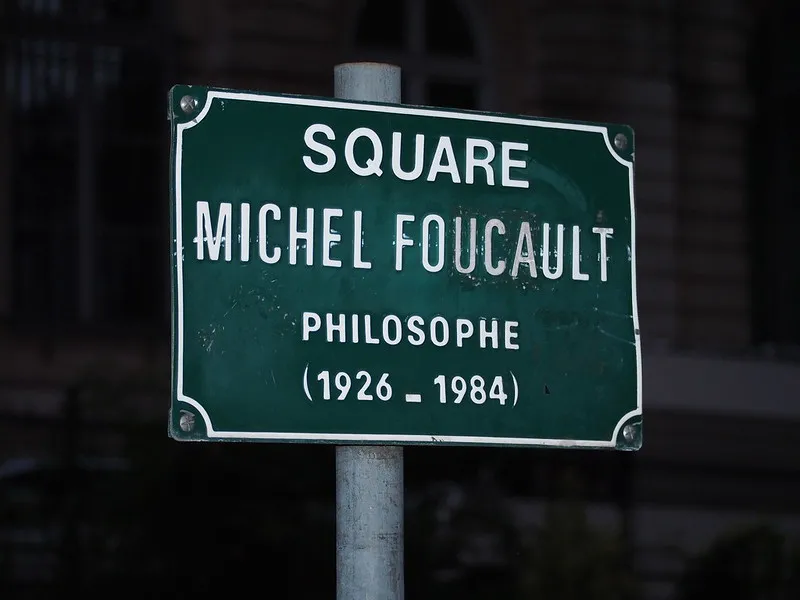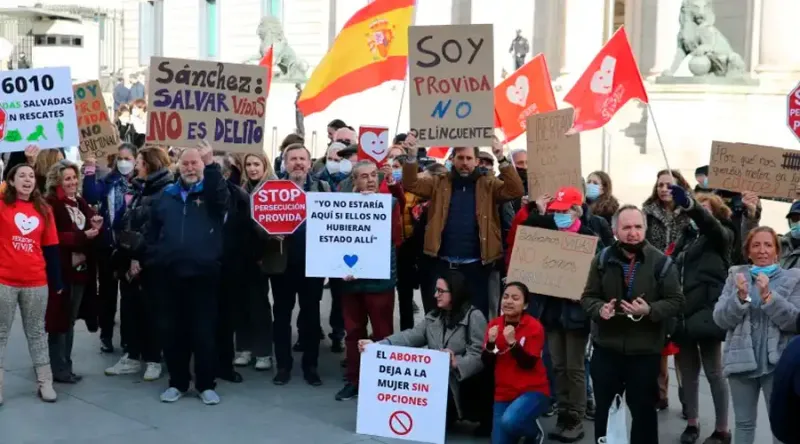
Rome Newsroom, Apr 13, 2021 / 15:15 pm (CNA).
The abuse commission of the Catholic Church in Germany has defended its citation of French philosopher Michel Foucault in a position paper drafted earlier this year.
The spokesperson of the German bishops’ conference told CNA Deutsch, CNA’s German-language news partner, that “Foucault’s position was cited as an example of the discussion of the relationship between sexuality and power in the philosophical field.”
“This is not an exclusive Foucault position. In the event that his work would have to be reevaluated, it will be necessary to name a different reference,” spokesman Matthias Kopp said.
The Federal Conference of Prevention Commissioners of the German Dioceses, which is made up of the abuse prevention officers of each of the German dioceses, published a position paper online last week after voting to adopt the paper in January.
The document is intended to explain the “mutual relationship between prevention of sexual violence and sex education and training” and was previously presented internally during the Synodal Way in the Synodal Forum “Living in Successful Relationships.”
Foucault, who died in 1984 at age 57, was a prominent 20th century philosopher, writer, and political activist known for his controversial theories about power, madness, and sexuality.
In his book “The History of Sexuality,” Foucault argued that sexual morality is culturally relative; he also publically claimed children under the age of 15 can give consent for sexual relations with adults.
French-American writer Guy Sorman has claimed Foucault sexually abused minor boys in Tunisia in the late 1960s. The allegation was made public in the media at the end of March.
The German bishops’ spokesperson said the abuse commission’s position paper was written in January 2021, before allegations of abuse against Foucault came to light.
In response to questions from CNA Deutsch, the spokesperson said, “it is simply wrong to assume that the prevention concept would be based on statements by Foucault. He has been given as an example.”
He added that there is no plan to revise the paper: “Based on the current discussion, the further course of the investigation against Foucault will be closely monitored and responded accordingly if a result is available.”
“Should it be necessary to revise the paper to make it clear that one must distance oneself from Foucault’s position, this will not damage either the content reference or the human science framework of the concept as a whole,” he said.
With the publication of the position paper, Bishop Stephan Ackermann of Trier, the representative of the German bishops’ conference for questions of youth protection in the Church, welcomed the request “to stimulate a deeper debate on the relationship between sexual education and prevention work.”
Ann-Kathrin Kahle, who is from the working group which drafted the paper, said, “we have worked out the interface between prevention and sexual education. We are using this to describe the interaction between the two departments, from which both should benefit.”
Successful prevention must equally include the “right to sexuality” and “protection from sexual violence,” Kahle said.
If you value the news and views Catholic World Report provides, please consider donating to support our efforts. Your contribution will help us continue to make CWR available to all readers worldwide for free, without a subscription. Thank you for your generosity!
Click here for more information on donating to CWR. Click here to sign up for our newsletter.





Oh, the twisting and writhing in framing the ‘right to sexuality’ under the shadow of Foucault.
Continuing with the pretzel logic…Germany and its fellow travelers circa 2021.
Focault was a perverted Marxist pedophile who continued to be sexually active even after he contracted HIV-AIDS. Citing him in a sexual abuse report is as absurd as including recipes by Armin Meiwes in German cook book.